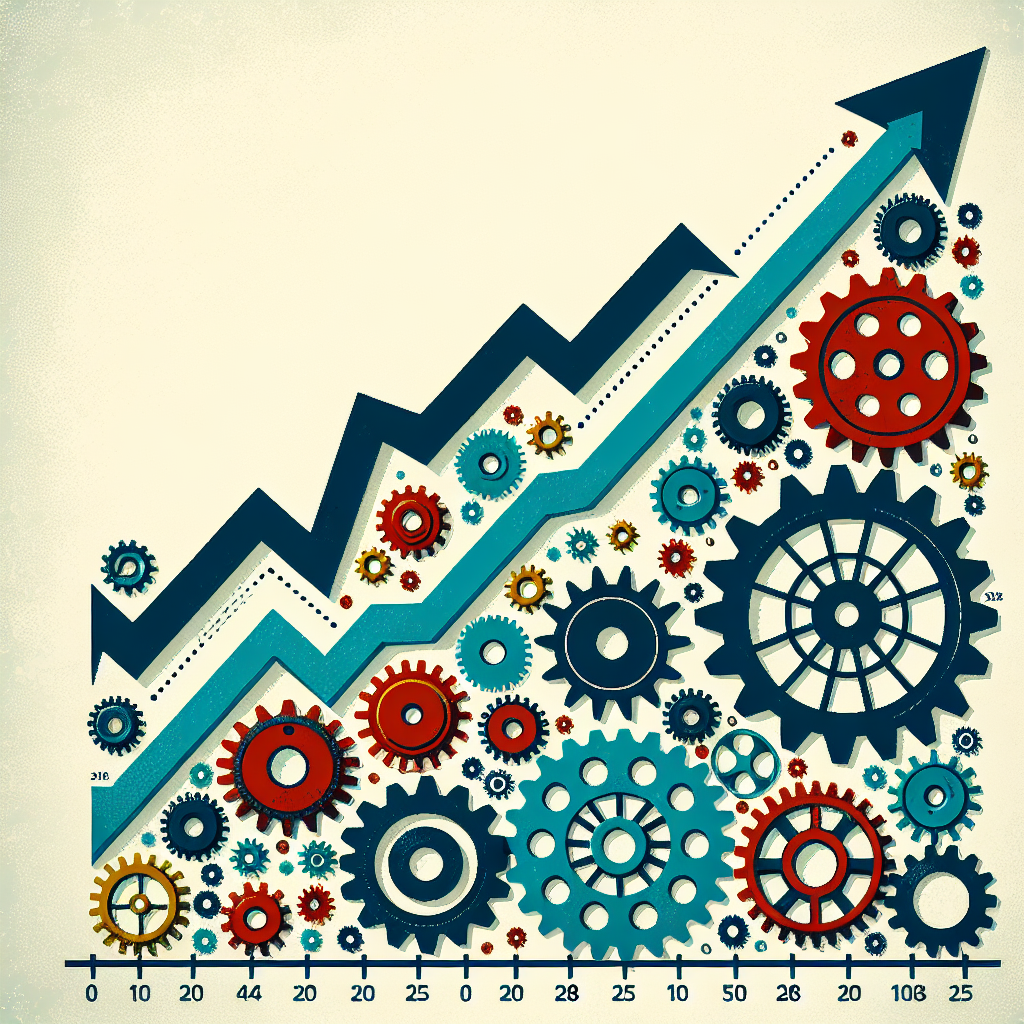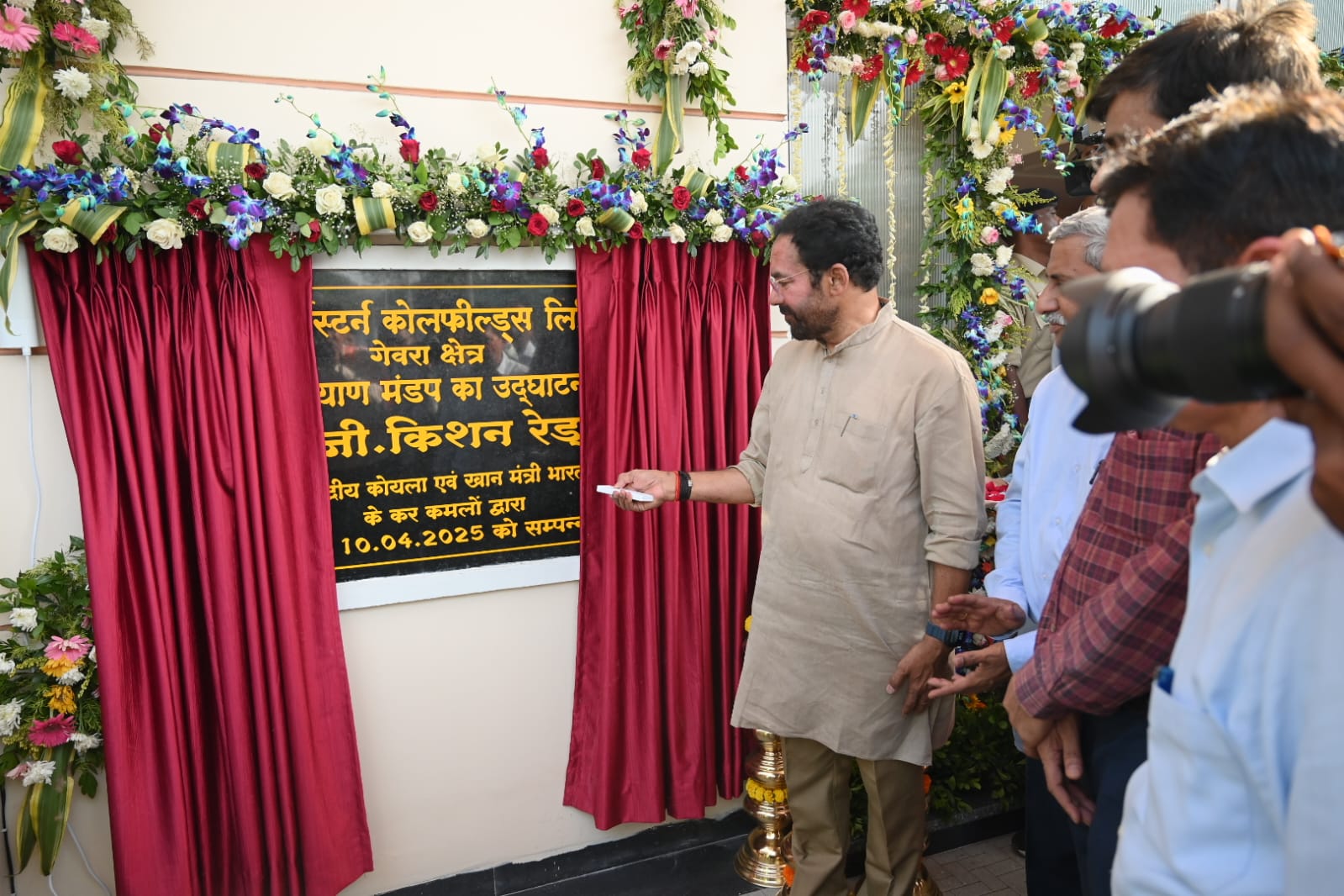A major endometriosis study has revealed that women who cut four things from their diet saw improvements in their pain levels. Endometriosis is a condition where cells, similar to those found in the womb lining, grow on other parts of the body. It's estimated around 1.
5 million women of reproductive age in the UK have the condition. According to charity Endometriosis UK , it takes an average of eight years and 10 months for a woman to be diagnosed with the condition from their initial GP appointment. The cause of endometriosis is unknown, and there's not currently a cure, although there are medications and surgeries that can help manage the symptoms.

However, a new study from Edinburgh University has shown that sufferers who made certain dietary changes saw a noticeable improvement in their symptoms. The study had 2,599 participants, each of which made different changes in what they consumed. As a result, 45% of participants who cut out gluten, and the same percentage who cut out dairy, reported improvements in their pain levels.
53% who cut back on alcohol also noticed lower pain levels, while for women who stopped consuming coffee or caffeine the number was 43%. Senior author of the study, Philippa Saunders, who is professor of reproductive steroids at the University of Edinburgh, discussed the impact of the study with The Guardian, saying: “It really feels like we are on the cusp of something pretty big with understanding how diet affects endometriosis symptoms. It is so important for women if they feel they can do something for themselves to tackle the pain of endometriosis – that is tremendously empowering.
” The results of the study, published in the American Medical Association’s journal JAMA Network Open, has led researchers to believe that the reduced pain levels in women cutting out gluten or dairy are due to gut bacteria changes. Meanwhile, they have speculated that reducing caffeine could work as it can improve sleep, and people who are well-rested are better equipped to deal with pain. Drinking alcohol could have a negative effect on endometriosis sufferers as it has a similar effect on cells to oestrogen, which is the hormone that helps endometriosis grow and develop.
It can therefore worsen symptoms. According to the NHS , the symptoms of endometriosis that can be spotted during periods include: severe period pain, that stops you from doing your normal activities heavy periods, where you need to change your pads or tampons every 1 to 2 hours, or you may bleed through to your clothes. pain when you poo or pee Sufferers can also see symptoms at other times during their menstrual cycle, such as: pain in your lower tummy and back (pelvic area) pain during or after sex extreme tiredness (fatigue) pain or bleeding in other areas, such as in the chest, which may cause shortness of breath and coughing up blood Endometriosis sufferers may also have difficulty getting pregnant and have low mood or anxiety.
The NHS advise that endometriosis can affect those with the condition in a variety of ways. Experts believe that inflammation could make the pain from endometriosis worse. And because of this, improving gut health by cutting back on certain foods could be a positive step, as it helps reduce inflammation in the body.
In other findings, cutting out processed food was found to reduce pain levels in 40% of study participants, while a third said removing garlic and onion from their diet helped reduce their pain and bloating levels. Jo Hanley, specialist adviser for Endometriosis UK, told the Guardian: “We follow with interest studies on the potential impact and role of diet and nutrition in the management of endometriosis. There is a need for more high-quality evidence but I’ve heard many a success story from individuals where dietary changes have led to improved pain, although unfortunately others have reported no improvements.
" The study was based on self-reported pain levels from women across 51 countries, with over 1,000 from the UK. However, larger studies will need to be carried out for a clearer picture of the link between diet and endometriosis. Anyone suffering from the symptoms of endometriosis or other period problems should contact their GP.
.
Top

Cutting four things from diet helps with painful condition affecting 1.5 million women

The study showed that nearly half the women who made the changes noticed a reduction in pain











